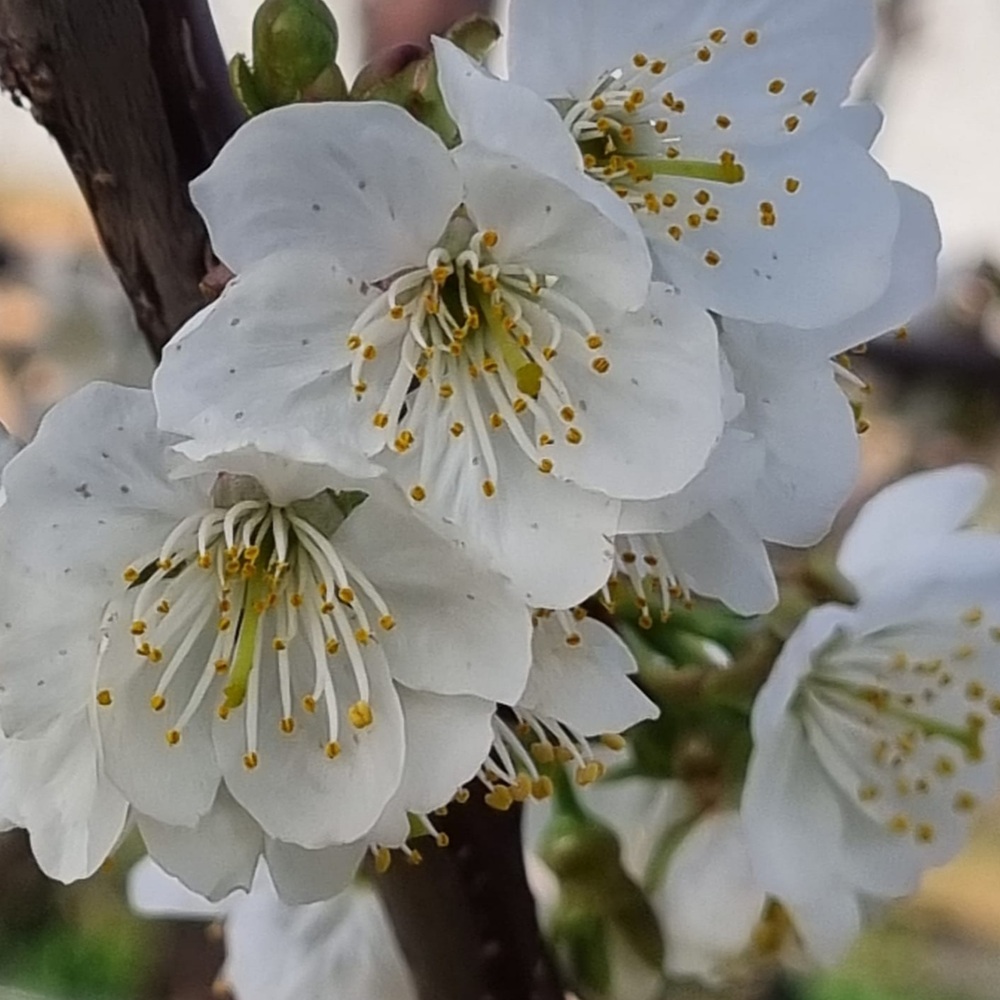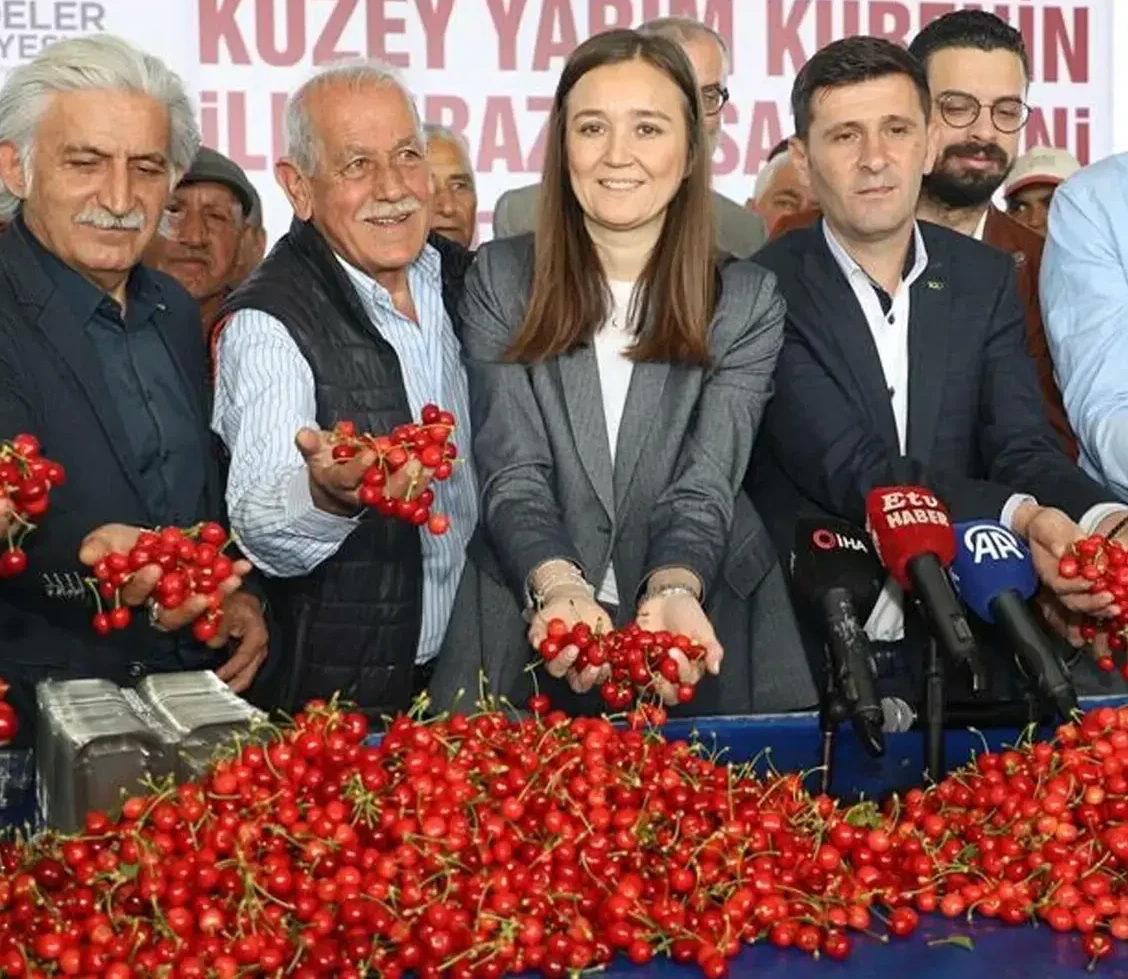With nearly 3 hectares of panels over their cherry trees, Christian Clair and his son Adrien are pioneers in the field of agrivoltaics. It’s a system they deem essential to continue producing despite the whims of the weather.
In 2018, Christian Clair and his son Adrien started looking for an adjustable rain protection system to keep producing cherries. SARL Clair cultivates cherries, apricots, pomegranates, kiwis, figs, and table grapes on around twenty hectares in Loriol-sur-Drôme.
Some of the orchards are organic. It was at Tech&bio that they discovered the Sun'agri model and saw it as the answer to what they were looking for. “The project started that day,” says Christian Clair.
Less burning
The first photovoltaic installation of 0.2 hectares was set up in 2021 on old cherry trees. It wasn’t an easy task, because to install the panels, the trees had to be pruned down significantly. Despite this, “we’re seeing fewer burn problems and many more suckers under the panels, so the trees are recovering much more quickly than in the control orchard,” says Christian Clair.
A second plot of 2.7 hectares was planted in 2023 with 27 varieties of cherry trees to reduce the risk of poor responses from certain varieties.
Yield increases
The impact of agrivoltaics on yields has been positive. In 2023, Primulat produced 13% more than the control, and Burlat 32% more. Bigalise, however, responded less well, with a 19% yield loss. The way the panels are oriented also plays a crucial role.
 Image 1: Cherry trees: a clear improvement in yields due to Sun'Agri technology.
Image 1: Cherry trees: a clear improvement in yields due to Sun'Agri technology.
According to tests conducted by the orchardist with his clients, the cherries are firmer under the panels, which is a positive result. The system has also protected the crops. Since the panels were installed, the farm has faced three climatic hazards:
- a small frost in March 2024, which was avoided thanks to a 1.2°C temperature increase under the panels;
- a major hailstorm, which had no impact on the orchards under the panels;
- rain: the control orchard was almost 100% destroyed, while over 60% of the crop under the panels was saved, “which is huge.”
“In the future, we won’t be able to do without this type of system,” he concludes.
A third project underway
Another advantage is that the modernization of the farm has encouraged the son to continue. He is so satisfied that a third project is now underway.
His advice for those tempted to try? Be patient, as the administrative side takes a long time. And don’t plant in the same year the panels are installed. “The ground gets compacted by the machinery. It’s better to till, plant grass, and wait until the next year to plant the trees,” he says.
Source: Médiafel
Images: Sun'Agri; Médiafel
Cherry Times - All rights reserved











